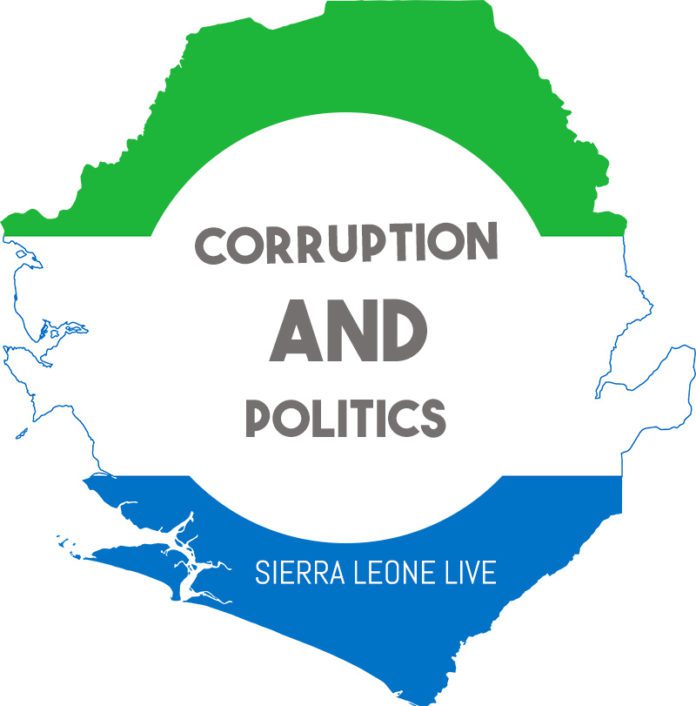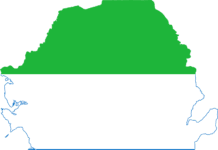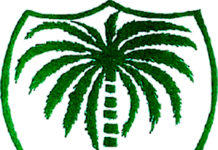by Mahmud Tim Kargbo
I tweeted about corruption in Sierra Leone politics (bribery, lobbying, extortion, cronyism, nepotism, parochialism, patronage, influence peddling, graft, and embezzlement). And the response was really interesting. Here’s the tweet in my Twitter feed:
“Most Sierra Leoneans do not have a problem with corruption; they just have a problem with who has done it. If it is their favourites then they become defensive, and when it is their ‘enemies’ they ask why they are not in prison.”
Many said politicians in Sierra Leone don’t listen and they do not do what the electorate wants. Understandable although these views are, it leaves us with a lot of open questions.
First, it came clear from the responses that when many said politicians in Sierra Leone don’t listen in the fight against corruption what they meant is the politicians do not listen to me! It is an understandable conundrum that we all sometimes equate our views with that of the wider electorate at large. What we believe they must believe and the politicians don’t listen. If only it was as simple as that. Often the electorate at large do not share what we are passionate about or there is an evenly divided public. And often on some issues (like the “fight against corruption or the fight to protect taxpayers monies”), the electorate at large may hold views that we find abhorrent.
So when we say Sierra Leone politicians are not accountable what do we mean? Are they not accountable to the electorate or is it that they just do not agree with our personal views? And if we are to make them more accountable then how do we do it? Do we make them accountable to a local political party caucus or do we have referenda and recall so the total electorate can all decide? It is a dilemma. Politicians are selected by a political party caucus but voted in by the general electorate. So, whom do they represent – the political party caucus or the electorate who voted them in – and what happens when the views of the electorate and the caucus diverge as in the case of the “fight against corruption or the fight to protect taxpayers monies”?
One of the big political process questions of our time in Sierra Leone is how we equate political party democracy with electoral democracy, and there’s no easy answer. Because there’s no easy answer it makes it equally easy to say politicians don’t listen to us in the fight against corruption or the fight to protect taxpayers monies, but it is never that simple.
I think it is important that we all think this through in Sierra Leone or we end up all our lives attacking straw men or constantly living in anger because our politicians and sometimes indeed the electorate do not see the world as we do. Holding the moral high ground is never enough in a democracy because democracy is about diversity and engagement and not simply about moral imperatives.
And if we have a passion then we sometimes find that fact hard to bear, but it is the cross we all suffer if we believe in democracy.
An interesting and important post!
How important is it for Sierra Leone politicians President, Ministers and Members of Parliament to listen and fight corruption sincerely to the advantage of the suffering majority? I fear that most of the public believe that politicians have a “duty” towards them as constituents. It may shock many to understand that majority of our Sierra Leone politicians believe they have no legal or statutory obligation to represent us, but their political parties caucus and their personal interests. Many may suggest that this has indeed been the case when hoping that a politician in Sierra Leone will fight for them and ensure taxpayers monies are wisely used to their advantage. So, the question “Who should Sierra Leone Politicians listen to in the fight against corruption when the majority of them are benefiting from corruption?” Surely, it should be the constituents or the general public.
However, Sierra Leone Politicians by nature of their position have “conflicts of interest” – on one hand wanting to protect their political leadership and party, and, on the other hand, pretending to be a “problem solver” to the vast issues that constituents face. So, this all begs another question, in my view – “Should politicians in Sierra Leone have political persuasion or be community champions, instead?” I feel that many may feel that the latter role is more reflective of the needs of the people.
However, whether it is a political role or a community one, let us not be fooled into believing that neither requires a “job description” and the same “targets” that politicians have placed upon the teachers or the Permanent Secretaries practising in the public sector. Without the ability to “measure” performance and productivity how can we then judge the quantitative and qualitative progress of our public servants who we pay?
Finally, it may well be argued that ALL politicians, including the President, Members of Parliament, Ministers and Councillors – MUST be accountable to “independent scrutiny” without the interference of NO powers from above. ONLY if social mobility, departmental waste, policy development and failings are as fundamental in the quality of its building and initiation as it is to its performance and credibility to the lives of the public and taxpayer it aims to serve. Thus, engaging, listening, learning and empowering have to be strengthened in order to build the BEST relationship with the public and to deliver the BEST policies and practices that enable effective resources towards “care” and drive upwards social mobility to reach those less fortunate in order to rebuild the lives of the suffering majority in our country.



